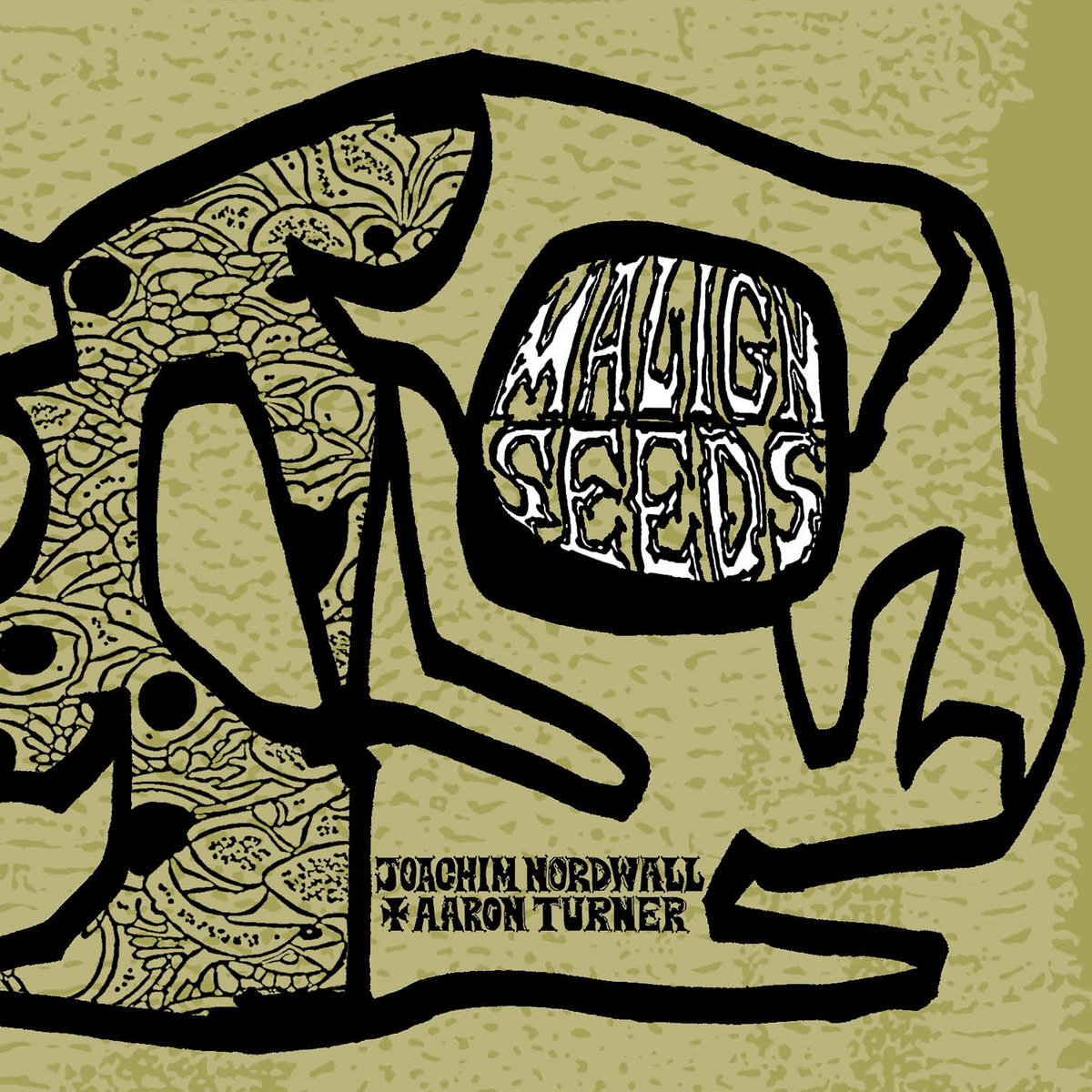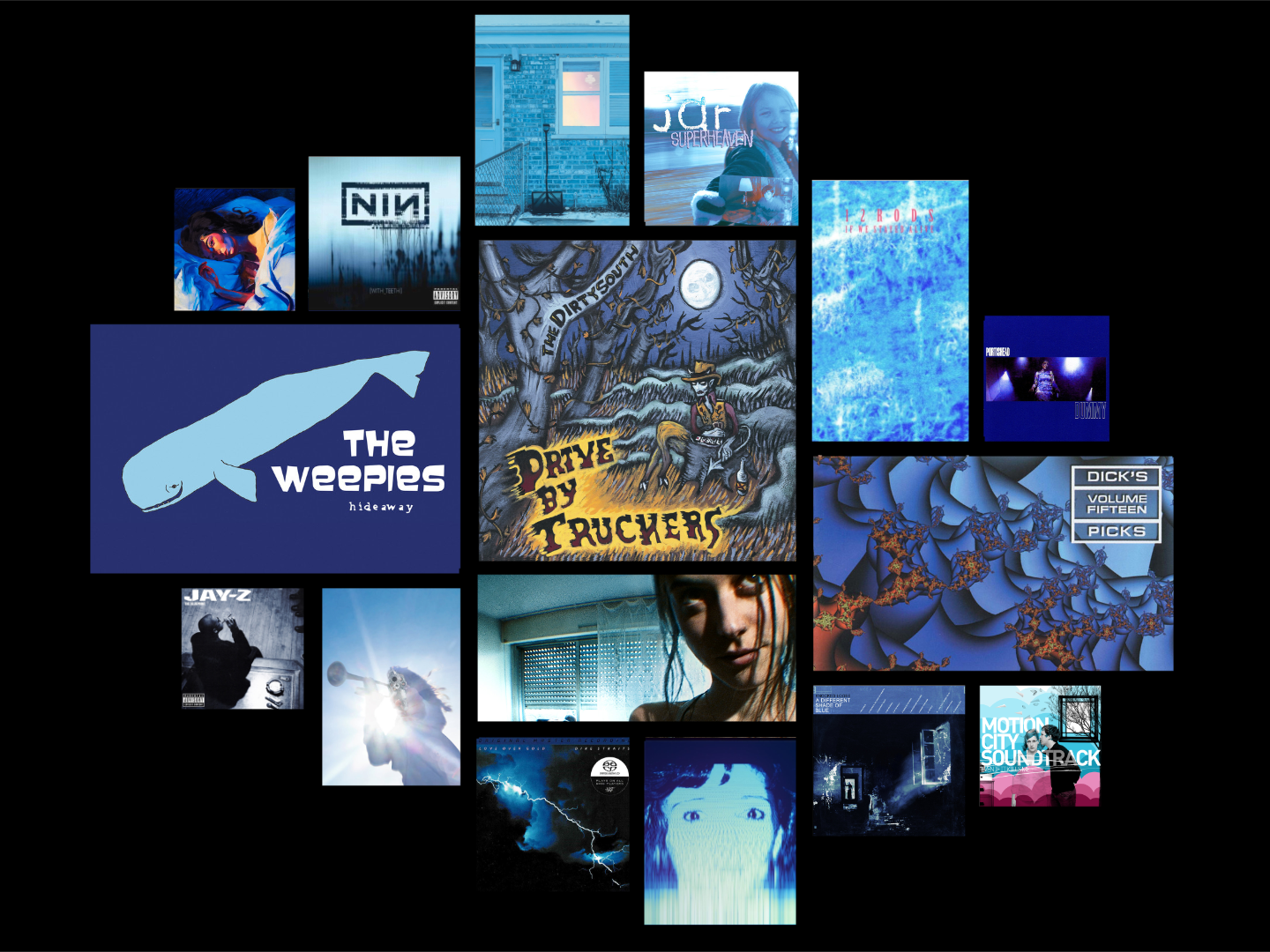Coco – 2 | Album Review
/First City Artists
Many bands claim to take an equitable approach to making music, but very few are able to sustain a vessel that holds space for every member to feel creatively satisfied. Some of the all-time greats have prematurely broken up due to the difficulty of keeping everyone feeling like compeers whose contributions are of equal importance to the group’s identity. One of the few contemporary examples of a band who have managed to maintain this sort of dynamic over the course of multiple decades is Dirty Projectors, who, in addition to making one of my favorite albums of the 00s, also happen to share a bandmate with Coco in their current iteration - the magnificent Maia Friedman, whose primary contributions to 2 are lead vocals and guitar.
Maia joined Dirty Projectors to support the live shows that followed their 2018 album Lamp Lit Prose. Guest collaborators and lineup changes have defined much of DP’s 20+ year existence, and the chemistry revealed during these shows, Longstreth says, inspired the formation of the band’s current lineup. This newest iteration went on to record the wonderful 5EPs in 2020—a project in which a different band member takes lead vocals for a 4-5 song chunk. The democratic approach taken in Dirty Projector’s recent work may have inspired Friedman to form Coco in the following months alongside two other indie veterans, Dan Molad of Lucius and Oliver Hill of Pavo Pavo. To no one’s surprise, the output of their collaboration oozes with the confidence and wisdom of a band who understands and confronts the challenges that come when talented artists create together, and they do this without compromising their individuality. You can hear it in their self-titled debut, and those qualities are even more profound on their bluntly titled follow-up, 2.
2 is quite clearly the result of a joint effort between three artists who each have their own rich and unique musical histories. While Maia Friedman arguably takes the lead on the majority of songs here, the band constantly takes turns on vocals and cycle through a small music store's worth of instruments - analog and digital percussion, electric and rubber bridge guitar, multiple synthesizers, a flute, a sax, and a piano. Much like Maia's recent work with Dirty Projectors, the band is constantly sharing and ceding the spotlight to each other. In following this direction, Coco sacrifice a bit of tightness and continuity, but their commitment to that organic and equitable dynamic manifests in a lovely collection of tracks that glow with live set energy and pay homage to a myriad of genres and musical themes.
Coco open the album with the grand and melancholy “Any Other Way,” an excellent intro that establishes the combo of dreamy pop melodies and loud, fuzzy electric guitar, which serves as a core tenet of Coco's identity. In case it wasn’t obvious, I’m trying really hard to avoid using the footwear-adjacent genre word right now. The singularity and effect saturation of the guitar on this song reminds me a lot of Beach House's 7, which presents me with two good opportunities - one to mention an all-time favorite band of mine and also to file a small complaint about naming your album simply "n" for whichever nth entry in a band’s discography this album represents. It doesn't negatively impact my enjoyment of the album, but we can't underestimate the power of a GREAT album title - 2 and 7 aren't exactly swinging for the fences!
Dream pop gives way to a classic trip-hop sound as Coco turn on a dime into the second track, “Moodrings,” my personal favorite single released in support of 2 (and favorite song on the album overall, for that matter). Maia’s effortless floating on these sensuous, mellow grooves calls to mind groups like Portishead or Zero 7 and really got my hopes up that this sound would be explored more deeply on this project. Sadly, it's abandoned pretty quickly as we roll into “For George,” a bossa-tinged chamber ballad that I like quite a bit, even if it wasn't more of that sweet, sweet trip-hop goodness I was hoping for. Then comes lead single “Mythological Man,” a fantastic little 60s harmonic pop cut that yet again sees Coco shifting shape, swapping seats, and refusing to be confined to any particular lane.
That first half of the album defines the experience of listening to the entirety of 2, for better or for worse. The lack of continuity and potential whiplash associated with these frequent genre changes may cause problems for some, but there’s a lot to love in the song-to-song dynamism afforded by the band’s democratic approach to songcraft. Coco have solidified that approach as part of their DNA, and they aren’t going to force any one sound if they feel like exploring. As much as I love getting wrapped up in the singular sound and atmosphere of a sonically cohesive album, I can certainly appreciate a colorful and versatile songbook made with care, love, and equity in mind, and that’s exactly what 2 is. Proof that sticking to those core values results in a vibrant and exciting future for the band, as well as a compelling collection of songs.
Parker White is a tech salesperson moonlighting as a music writer. When not attending local shows in Atlanta or digging for new tunes, he’s hosting movie nights, hiking/running, or hanging out with his beloved cat, Reba McEntire. You can find him on Twitter and Instagram @parkerdoubleyoo, and you can read other stuff he’s written over on his Substack.





